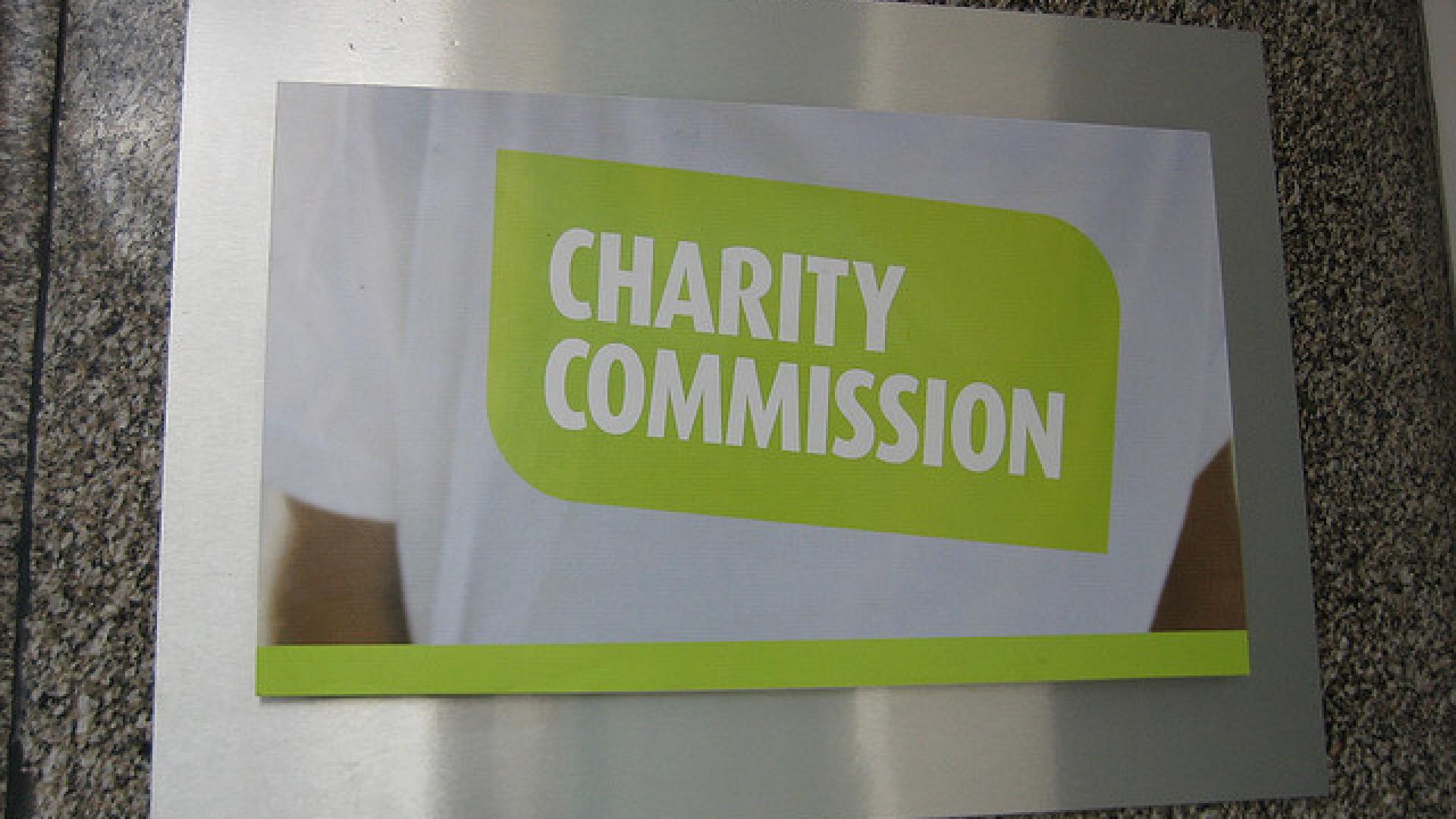Our recent research shows that the majority of the public aren’t aware of the Charity Commission. Only 43% of the public say they are aware of the Charity Commission (with 30% saying they are ‘definitely aware’ and 13% saying they are ‘aware’.). The rest either say they don’t know or they aren’t aware. Interestingly these figures have changed little since 2004 when we last asked this question in the same way (if anything they show a drop in awareness, but the methodology is different so it’s hard to be definitive). This is despite the Charities Act 2006 and the relatively high profile of the Commission with the appointment of Dame Suzi Leather as Chair.
Two questions spring from these results. Firstly why doesn’t the Commission have a higher awareness and secondly does it matter?
The answer to the first question is moderately easy to work out. The Commission doesn’t do a whole lot of things that charities and companies do to raise awareness. It doesn’t have charity shops, it doesn’t campaign, it doesn’t have a cause and a group of loyal supporters to raise its profile locally. More fundamentally the Commission is a public body and isn’t structured to raise its awareness. Whose job at the Commission is it to raise its awareness?
Does it matter if the awareness of the Commission is low?
I think it does. The Commission is the main regulator for charities. It is the public’s best guarantee that their donation is well spent and our research shows again and again that knowing their donation is not wasted and being well spent is a top concern for donors and the public. If the public don’t realise that charities are regulated they don’t realise that the charities that they give to have to adhere to certain guidelines: they have to submit accounts, they can be investigated for fraud or bad practice, and they have to reveal the salaries of their top paid staff for example. Charities are constrained and regulated in a raft of ways by the Charity Commission, and I think knowing this would be reassuring for most donors.
Charities can respond to this low awareness by re-assuring their own donors that they are regulated by the Commission (and in doing so help raise the awareness of the Commission). They could make it clear in their annual reports that they are regulated by the Commission. I say this because charities put a lot of things in their annual reports in the naive belief that anybody reads them.
So here are five messages that every charity can use to reassure its donors that they are regulated:
- We are regulated by the Charity Commission (in large letters on every donation form)
- We have to submit our accounts to the Charity Commission each year and they are available on the Commission website (on every email or on your website)
- The Charity Commission can investigate us at any time for fraud and bad practice at any time. We’re pleased to say we’ve never been investigated.
- The pay bands of our senior staff are declared in our annual report as dictated by the Charity Commission.
- Being a charity means we have to deliver a benefit for the public and the wider society – that’s what the Charity Commission rules make sure we do.
There is nothing magical about these messages except they are short and simple. Once every charity has decided on its messages they should be placed prominently across all of the organisation’s communications: emails, appeal letters, fundraising letters, website pages and anything else which the public and donors are likely to read.
It is not the Commission’s job alone to raise its awareness. It is in every charity’s interest to make sure their stakeholders know that the Commission is keeping an eye on them, and every charity can start doing something about it today.
Joe Saxton
Charity Commission
Jo, have you ever as a member of the public tried to get the Charity Commission to do anything? I've just given them a ring to complain about a Charity whose accounts are 1874 (one thousand eight hundred and seventy four days overdue). The recorded message says that the Commission's contact center is closed for staff training gives the website address then the line goes dead.
When I do manage to speak with them do you think
1. They will act straight away and take robust action.
2. Make excuses and do nothing whatsoever.
From my experience raising awareness of the Charity Commission will only reduce the public's confidence in charities!
Charity Commission
Thanks John. I have to say my contact with the Commission has been much more favourable on the whole. Luckily most people aren’t going to come into direct contact with the Commission and so as a concept they are almost certainly going to raise confidence not diminish it.
I will also tell the Commission!
Joe

